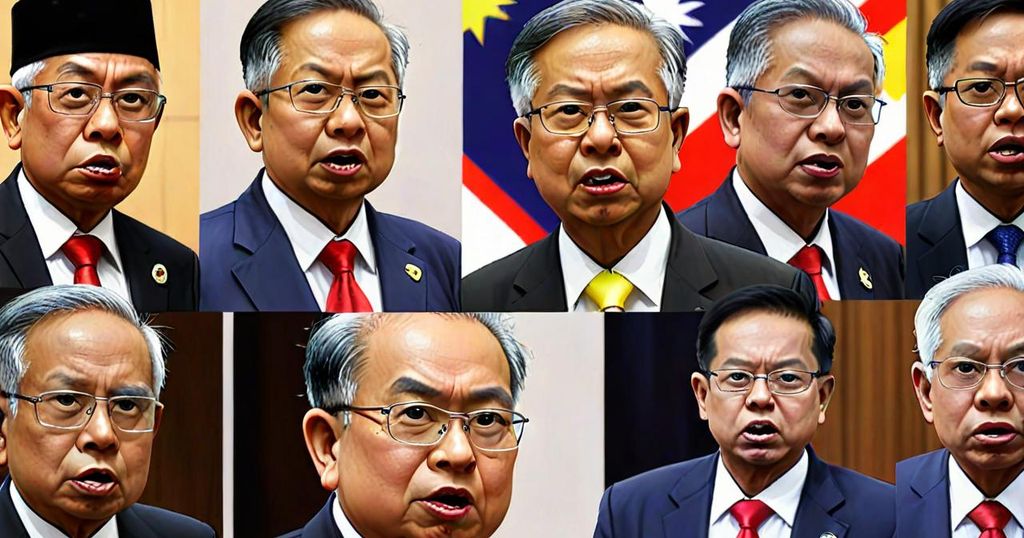The matter of politicians switching parties, also known as “party hopping,” has been a longstanding concern in Malaysian politics. This practice not only undermines democratic processes but also contributes to public distrust in the political system. The recent passing of an anti-party hopping law in 2022 was intended to address these concerns by prohibiting elected representatives from changing political allegiances after their election.
While laws provide a basis for ethical governance, they are still susceptible to manipulation and circumvention. The effectiveness of such laws depends on genuine adherence and enforcement, free from political influence. Conversely, ethical and moral standards, although less tangible, can reinforce the spirit of these laws. However, the subjective nature of ethics can also give rise to ambiguities that individuals with vested interests can exploit.
A recent instance in Malaysian politics involves the defection of Bersatu members who chose to support Prime Minister Anwar Ibrahim without formally resigning from their party. This situation underscores the delicate balance between ethical governance and the exploitation of legal loopholes, emphasizing the need for ethical and legal frameworks to work in conjunction to uphold the integrity of the political system.
As stewards of democracy, the current administration has the responsibility to navigate this intricate situation with prudence and integrity. While the government may be enticed to capitalize on defections for short-term advantages, doing so risks further undermining public trust in democratic institutions. It is imperative for the government to uphold democratic principles and strive to close any existing loopholes.
Public sentiment holds significant influence as well. An ethically conscious electorate can exert pressure on leaders to act with integrity. Media scrutiny and civil society activism can drive meaningful reforms and hold leaders accountable for their actions. When citizens, united by common ethical standards, hold their leaders accountable, they contribute to the integrity and functionality of the legal framework, paving the way for a more trustworthy and stable political system.
In conclusion, the pursuit of political integrity in Malaysia necessitates a careful equilibrium between ethical and legal frameworks. Both laws and ethical standards play pivotal roles in shaping and reinforcing democratic processes. The recent developments in Malaysian politics underscore the importance of societal pressure in ensuring the efficacy of legislation and ethical governance.
Source:
Syaza Shukri, PhD, is an Associate Professor and the current Head of the Department of Political Science at IIUM. The views expressed in this article are the author’s own and do not necessarily reflect those of Sinar Daily.

Leave a Reply